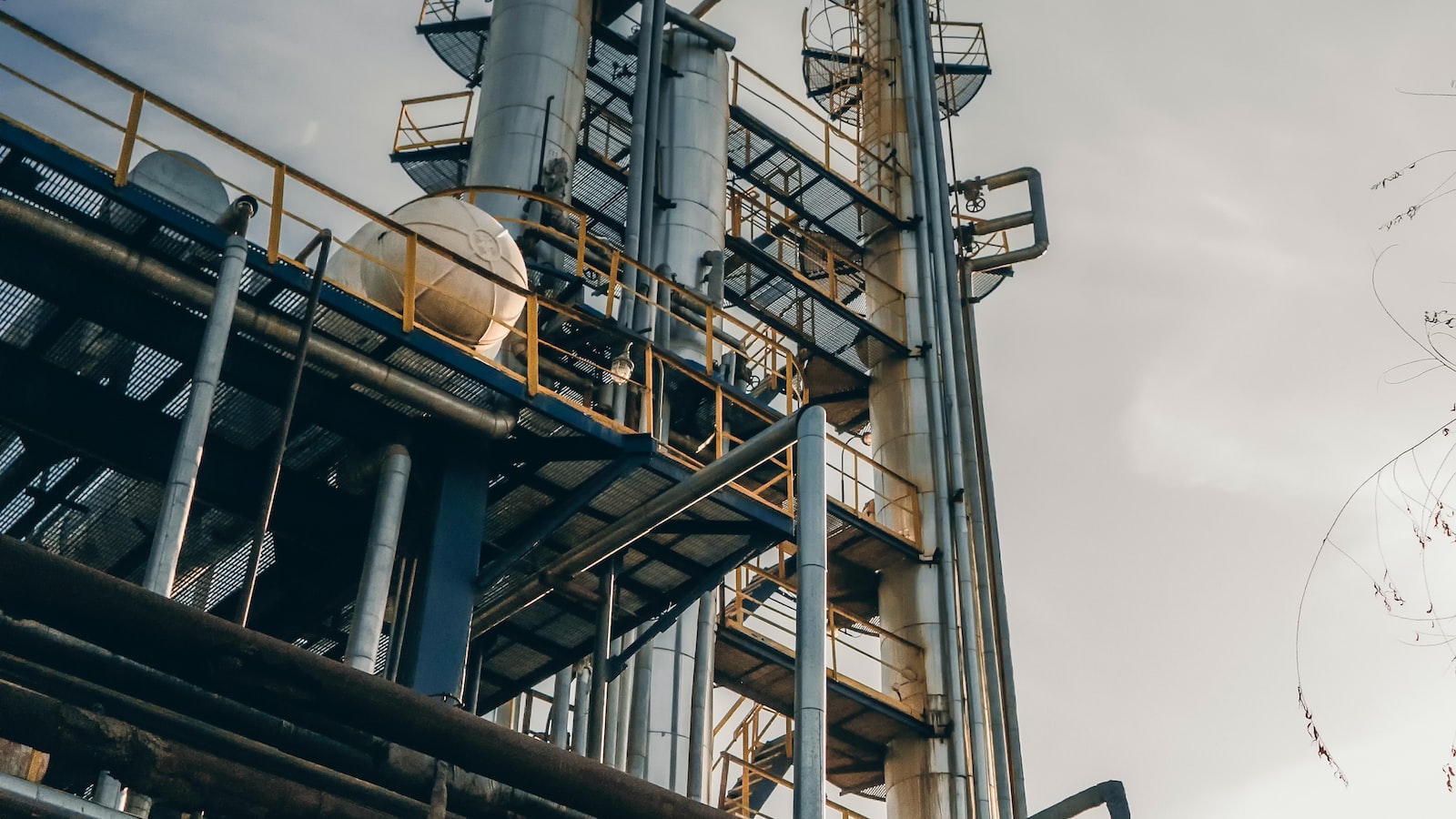Introduction
The issue of plastic waste pollution has become a global concern, with massive amounts of plastic ending up in our oceans, landfills, and natural habitats. To tackle this problem, the concept of petrochemical recycling has emerged as a promising solution.
The Loop of Petrochemical Recycling
Petrochemical recycling, also known as advanced recycling or chemical recycling, aims to close the loop in plastic waste management by turning difficult-to-recycle plastic products back into new raw materials. This process not only diverts plastic waste from our environment but also reduces the reliance on virgin petrochemicals, thus minimizing the carbon footprint associated with plastic production.
The Process
The petrochemical recycling process involves several steps:
- Collection: Plastic waste is collected from various sources, such as households, businesses, and recycling centers.
- Sorting: The collected waste is sorted to separate different types of plastic based on their chemical composition and recycling potential.
- Chemical Transformation: The sorted plastic waste is then subjected to chemical processes, such as depolymerization or pyrolysis, which break down the plastic polymers into their basic building blocks or transform them into liquid fuels.
- Purification: The obtained raw materials or fuels undergo purification to remove any impurities or contaminants.
- Manufacturing: The purified materials are used as feedstock by plastic manufacturers to produce new plastic products, closing the recycling loop.
The Benefits of Petrochemical Recycling
Petrochemical recycling offers numerous benefits:
- Reduced Plastic Waste: By recycling plastic products that are typically difficult to recycle, more waste is diverted from landfills and our natural ecosystems.
- Conservation of Resources: Petrochemical recycling reduces the demand for virgin petrochemicals, conserving fossil fuels and natural resources.
- Energy Efficiency: Compared to traditional plastic production from raw petrochemicals, recycling plastics consumes less energy, leading to reduced greenhouse gas emissions.
- Economic Opportunities: The growing need for petrochemical recycling opens up new opportunities for job creation and economic growth in the recycling and manufacturing sectors.
- Technological Advancement: Investment in petrochemical recycling technologies stimulates research and development, fostering innovation in the field of sustainable waste management.
The Future of Petrochemical Recycling
Petrochemical recycling holds great potential for reshaping the plastic industry’s environmental impact. However, several challenges need to be addressed, including the development of cost-effective recycling technologies, expansion of collection infrastructure, and raising public awareness about the importance of recycling. Collaboration between governments, industries, and consumers is crucial to drive the necessary changes and create a circular economy for plastic products.





